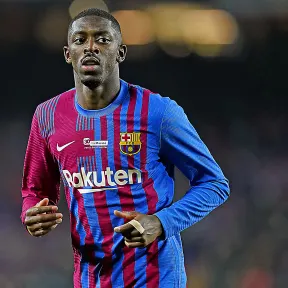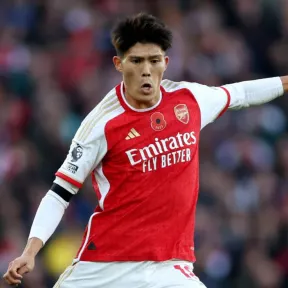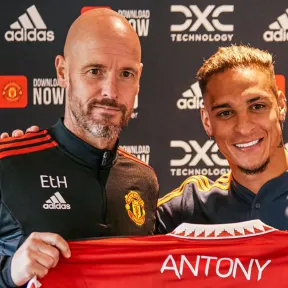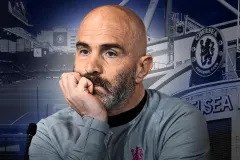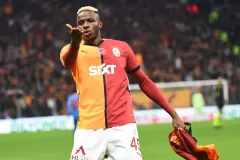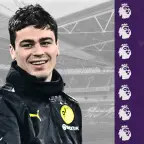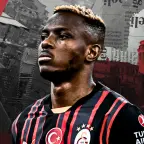I'm hatin' it - McDonaldization is ruining modern football
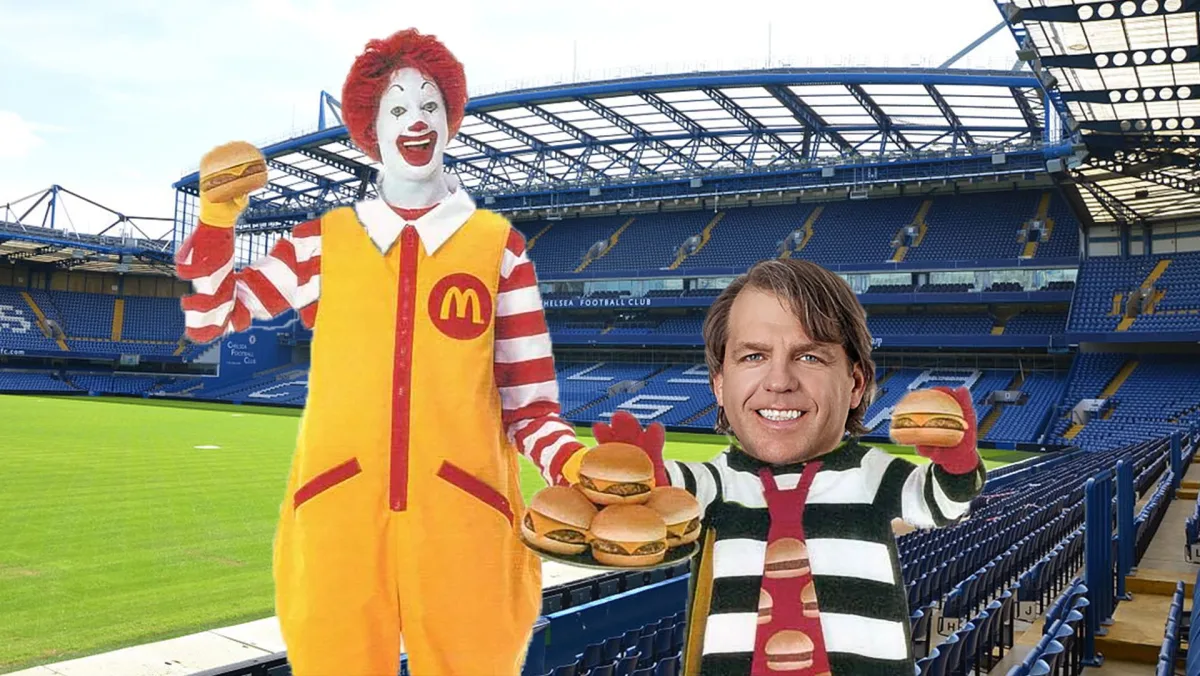
Todd Boehly is poised to send Chelsea – and world football – into a new era.
While the Blues’ chairman’s comment about a Premier League all-star game was the soundbite that caught the media's attention during the SALT conference in New York this week, his most important statement came about how he envisages his new club to grow.
“We have talked about having a multi-club model, I would love to continue to build out the footprint,” he explained.
“There are different countries where there are advantages to having a club. Red Bull do a really good job, they have got Leipzig and Salzburg, both of which are playing in the Champions League.
“They have figured out how to make that work. You have Man City, who have a very big network of clubs.”
What Boelhy is proposing isn’t revolutionary, but he’s ready to take the ideas mainstream in one of the biggest clubs in the world.
From his perspective, it makes smart business sense. The transfer market is an inherently risky business, so why not spread that risk?
Chelsea previous did this under Roman Abramovich’s rule with their ‘loan army’. The idea at that time was to stockpile young players, send them temporarily to other clubs and promote any of the few that came good to the first team. Any who failed to make the grade could be sold off – generally at a healthy price because they came with Chelsea on their CV.
FIFA has since moved to tighten loan restrictions but no action has been taking against buying multiple clubs and shifting players around these teams.
Red Bull gave it wings
The trend was really started by soft drink company Red Bull in 2005, when it took over Austria Salzburg. New York Red Bulls followed and so too did RB Leipzig, who are officially known as RasenBallsport Leipzig because German football laws prohibit advertising in a club name. The two bulls charging at each other on the logo of the side reviled domestically, though, get the message across.
Red Bull’s goal in purchasing these clubs was, ultimately, advertising. Their model is unlikely to withstand pressure from European super clubs as they enter the market. They are, after all, just one company; Manchester City are owned by a state, Chelsea are backed by numerous billionaires and similarly the leading Premier League clubs boast budgets beyond that of the trailblazers.
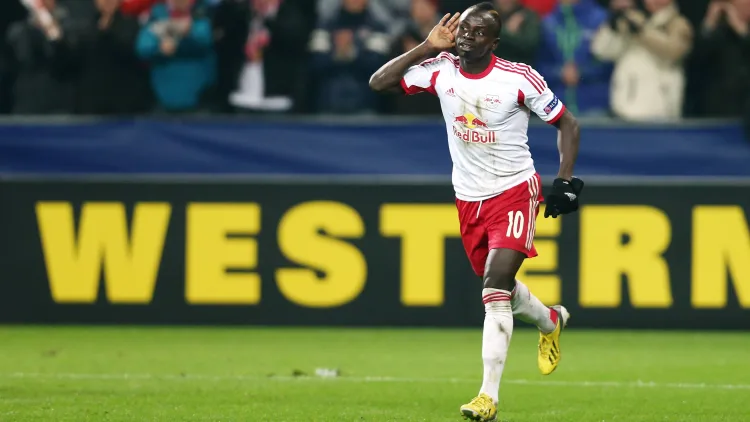
The City Football Group, the company from Abu Dhabi that owns Manchester City, boasts a network of 11 clubs worldwide, including teams in Italy, Spain and France. Founded in 2013, the project is still in its infancy relatively speaking, but it’s easy to see how clubs in this network can be mutually benefitted with the transferring and loaning of players.
Sitting at the top of this food chain, of course, are Manchester City, traditionally a club not well supported worldwide but one whose roots are spreading increasingly far from the Etihad Stadium.
Little wonder Boehly and his Chelsea co-owners look at this with wonder and envy.
Next step in football's evolution
But this next evolution in the business – and therefore the game – of football, threatens to take some of the magic from the game. It is the ‘McDonaldization’ of sport, the phenomenon that no matter where you go in the world, everything will look the same.
Clubs in the Red Bull stable, for example, all have similar kits and logos. Clubs under the City Football Group banner are requested to play in a manner that allows them to best replicate Man City’s approach to the game. Troyes head coach Laurent Batlles, for example, was sacked unexpectedly after refusing to play a string of young players who had been foisted upon him by City’s academy.
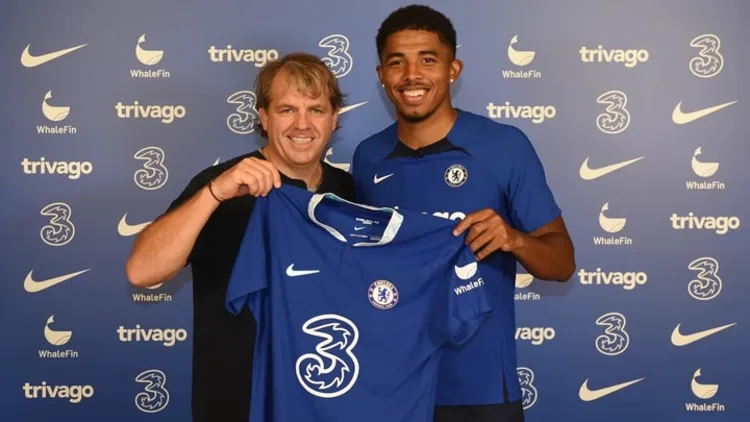
It is not so far-fetched to suggest that in 10 or 15 years, fans could go to a top-flight game in Spain, France or Italy and watch a Manchester City and Chelsea feeder team playing each other. And if the model works for that pair, as logic would suggest it will, Liverpool, Arsenal and Man Utd will surely want to get on board.
If the game gets to that stage, it will be indistinguishable from country to country at top-flight level. Unique experiences, styles and quirks, which have already been chiselled away by globalisation, will be all but ironed out entirely.
Football is moving beyond the era of simply having clubs, it is becoming about brands. And Boehly and Chelsea are at the vanguard of this new era.

